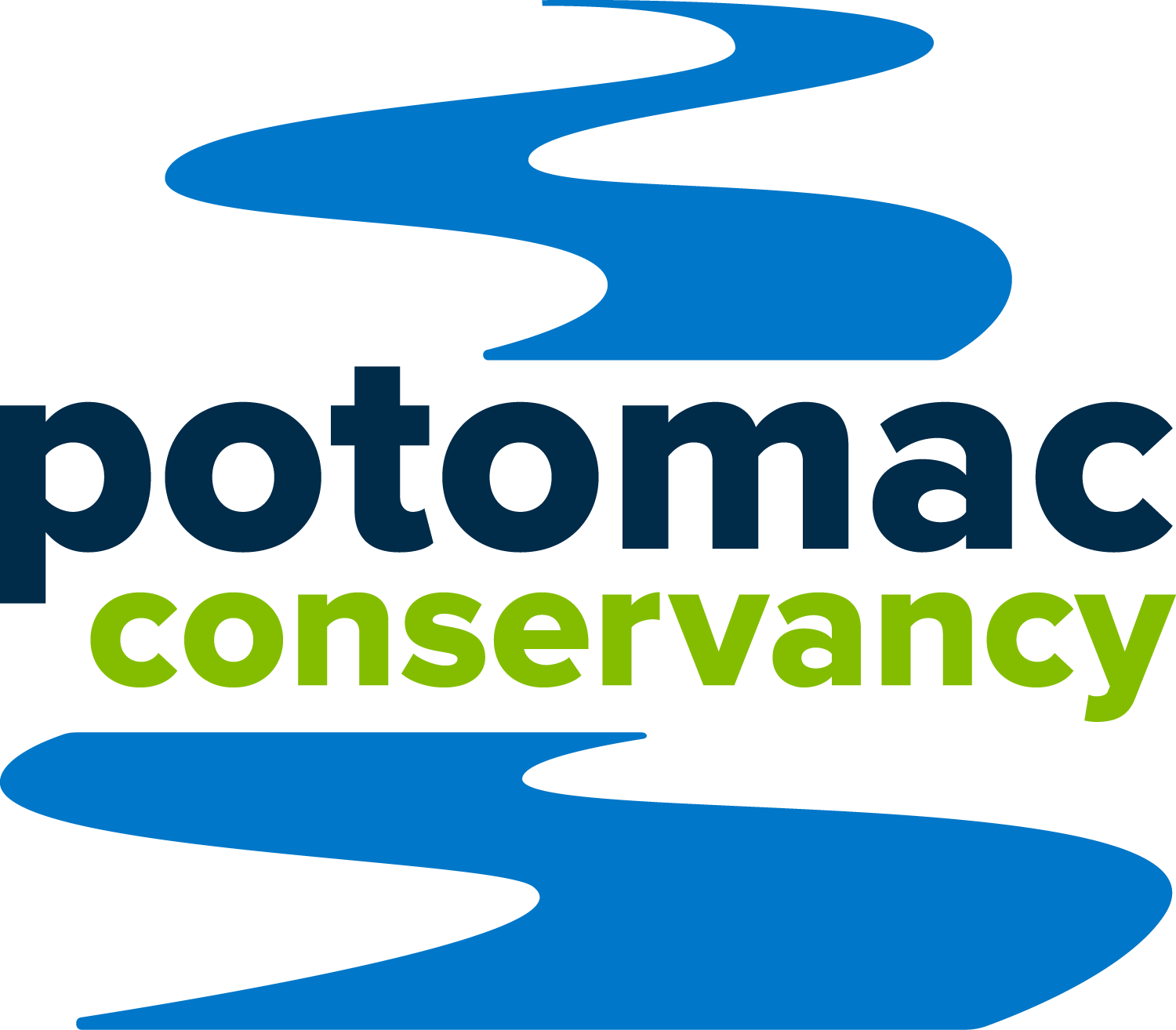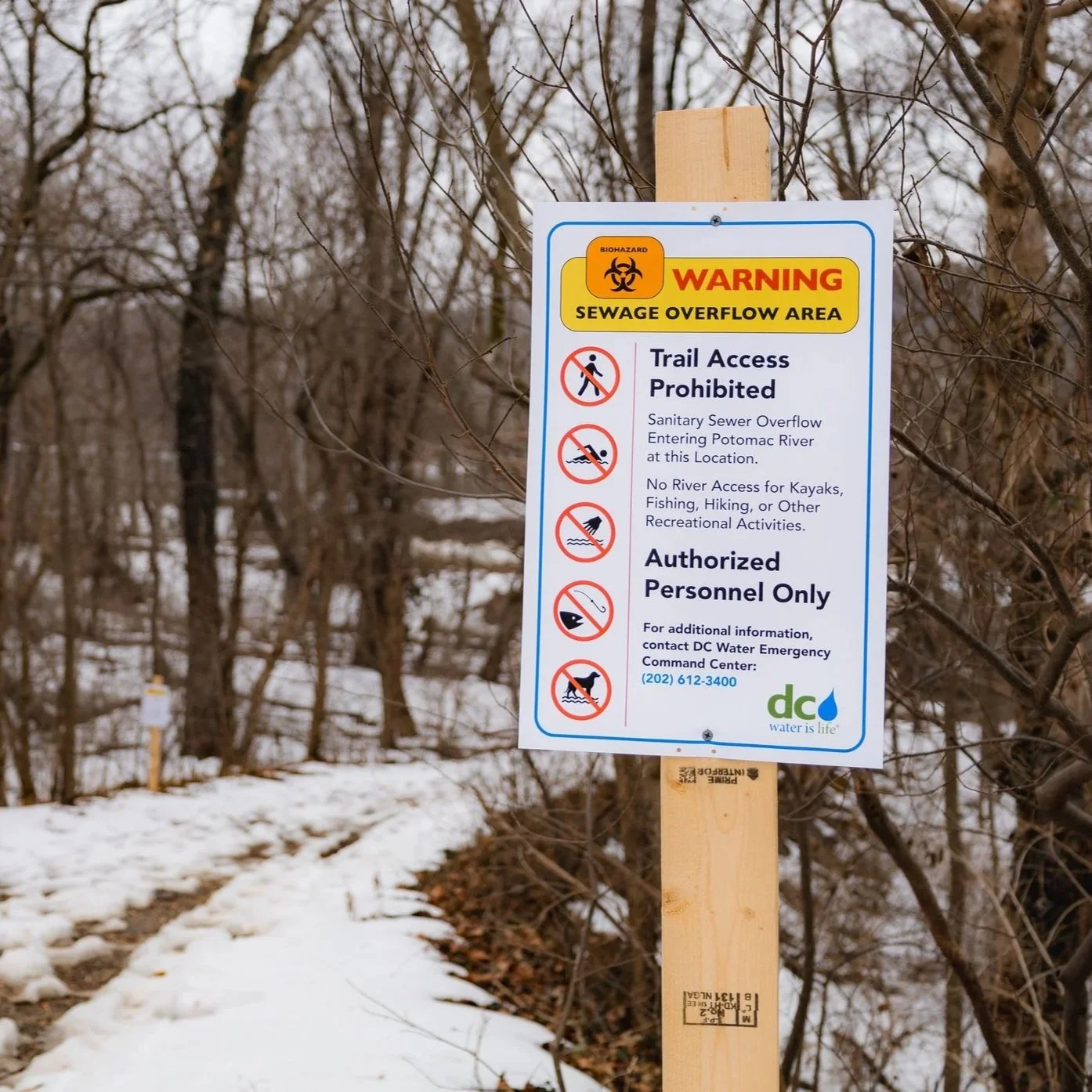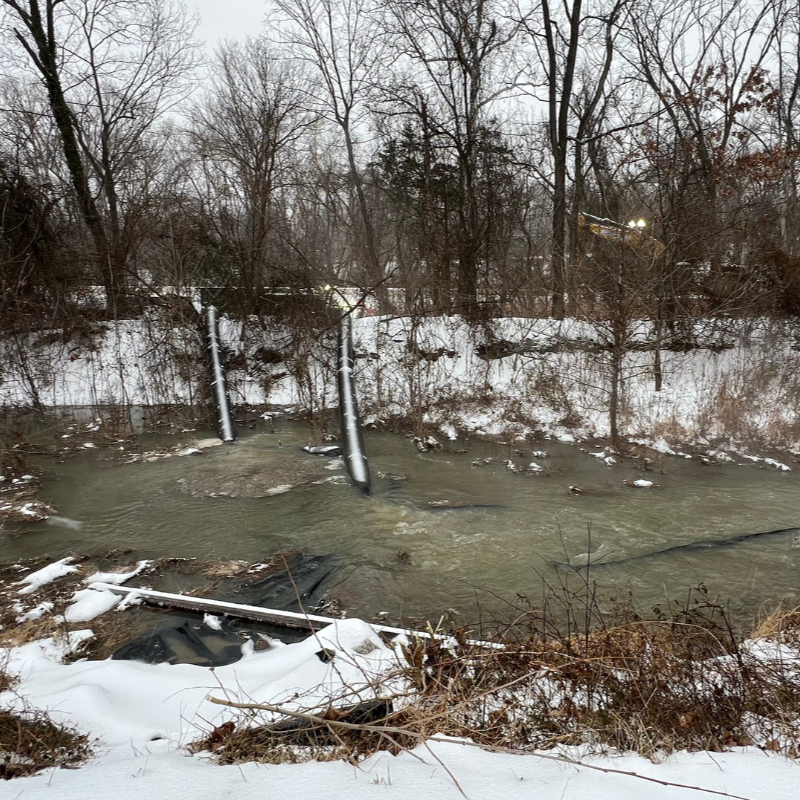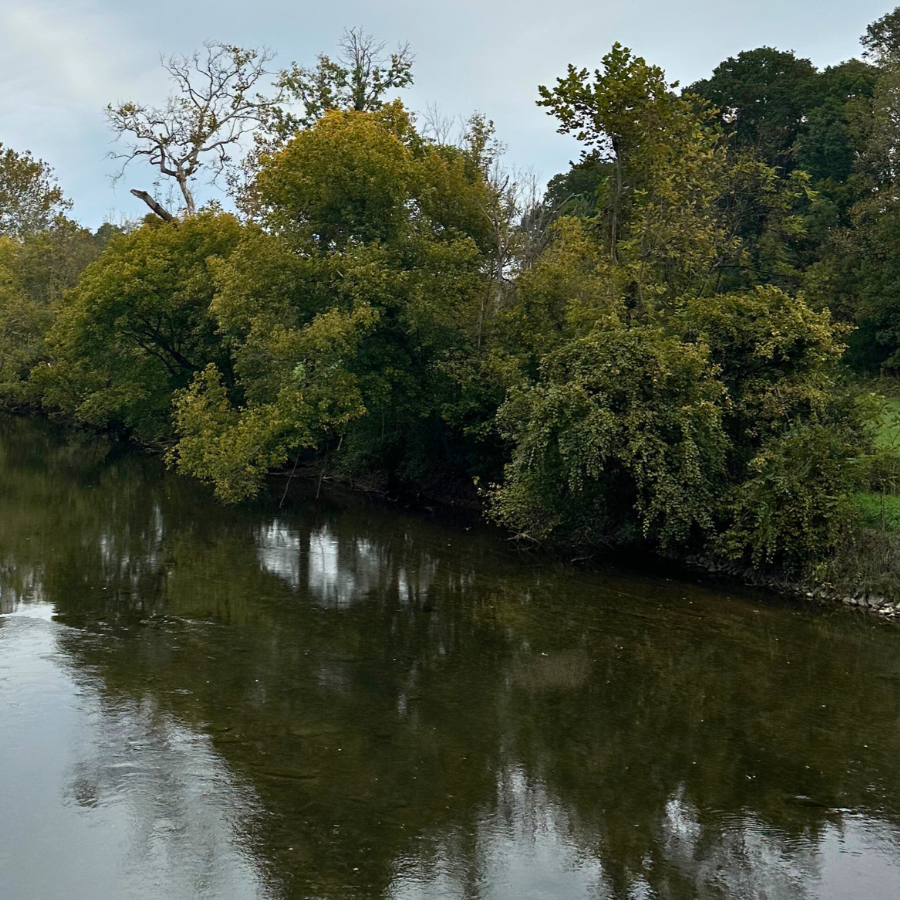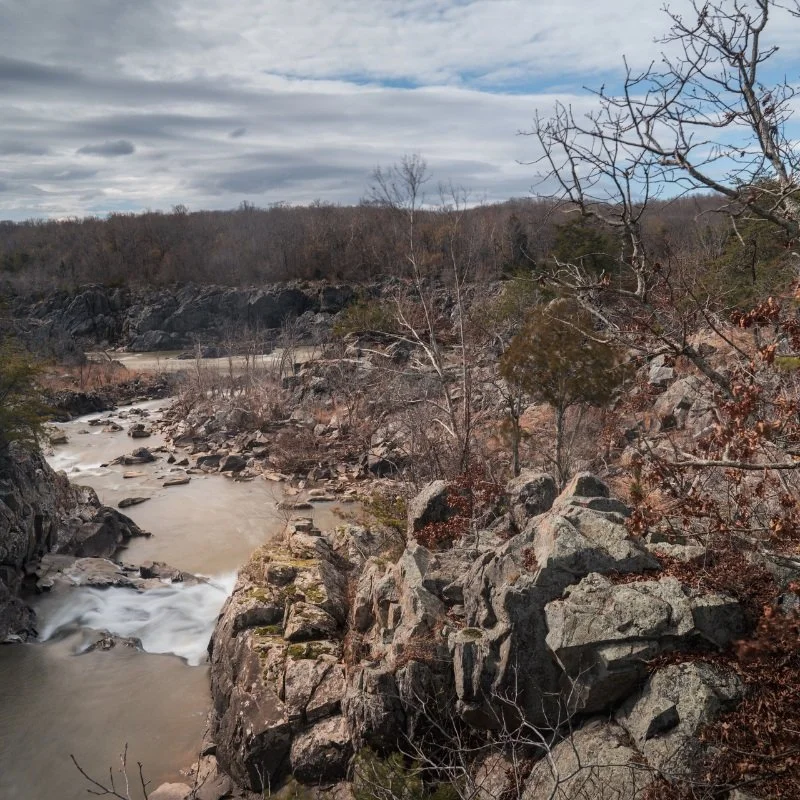Young people are leading a movement for clean water - here’s why
/Get inspired by these students dedicated to protecting the potomac
George Washington University student volunteers pick up trash at a Potomac Conservancy clean-up event.
On September 20, thousands of students skipped class – not to play hooky, but to march on the US Capital.
Ever since 16-year old Swedish activist Greta Thunberg began skipping school every Friday to protest inaction on the climate crisis, students from elementary school to college have led the global climate movement. Maybe you’ve marched with them as they’ve taken to the streets to make their voices heard.
But students aren’t only advocating for international climate action – they’re also advocating for local clean water action.
“It’s a matter of our own health”
Surfrider GW members volunteer at a fall clean-up to protect the Potomac. // Photo courtesy of Chandler McDowell, Surfrider GW
Environmentally-conscious students at the George Washington University participate in organizations like Surfrider and Campaign GW to clean up DC’s rivers and improve sustainability on campus.
GW sophomore Kali Pepper founded Surfrider GW last year, bringing the mission of the national organization to her own college campus. Surfrider volunteers work across the country to protect the nation’s oceans and beaches – and in DC, they protect the Potomac.
“Being in DC, we don’t have an ocean,” Pepper said. “We don’t have waves, we don’t have a traditional beach, right? So that’s why we’ve been focusing on the river so much. We want to keep the waterways of DC clean.”
Surfrider GW members volunteer with bi-weekly river clean-ups, and get their hands dirty with advocacy. Students have met with political leaders like Congressman Greg Murphy of North Carolina and have encouraged DC restaurants to make more sustainable choices, like using low-flow toilets and refusing single-use plastics, which often end up in the river.
“Our estuaries, our rivers, all of that fresh water helps the ocean,” Pepper said. “It decreases salinity in the oceans. That stuff matters and everything gets back to it somehow. So we’re polluting our rivers, we’re polluting our oceans. It’s a matter of our own health.”
Pepper’s organization also meets with the broader DC Surfrider chapter to coordinate their efforts with volunteers outside of the college campus.
“Part of a greater environmental system”
Students involved in more expansive sustainability organizations, like Campaign GW - a student organization to advise the GW administration on sustainability issues - also cite clean water as one of their primary goals.
Colin Medwick and Nina Clark, student interns for Campaign GW, said members of their organization have volunteered with Potomac Conservancy for clean-ups at Fletcher’s Cove and Theodore Roosevelt Island.
“A big part of our focus is sustainability on campus, but campus is part of a greater environmental system, a major part of which is the Potomac,” said Medwick.
Campaign GW members volunteer at a Potomac Conservancy event to clean up the river. // Photo courtesy of Colin Medwick, Campaign GW
According to Clark, students are active in clean water advocacy because they have seen examples in the media of communities being devastated by a lack of clean water. Clark said that hearing about water quality issues in Flint and Newark and “seeing it in the news all the time has really made it more salient and people are paying a bit more attention and being a little bit more cognizant of it.”
Clark added that students advocating for clean water focus on it as an environmental justice issue as well as an ecological issue.
“People who are being raised in this period of time have a greater understanding of and focus on the impact that happens on actual people,” Clark said. “We’re not just, like, saving the polar bears or hugging trees because we like hiking. It’s because people’s lives are actually being affected and marginalized communities are being hurt by this.”
Inspired by these students and want to do your part for the river?
Come lend at hand at our Fletcher‘s Cove clean-up on November 9!
Get local clean water and river news delivered to your inbox.
Sign up to receive our monthly River Update email.
100% Private. We don’t spam.

